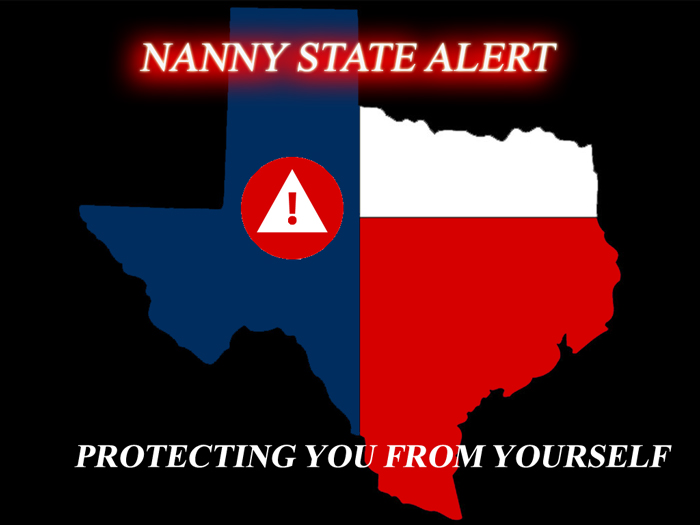
One Size Doesn’t Fit All in Texas
CLICK HERE: Tell the Energy Resources Committee to keep fracking control local
HB 40 and HB 539 will stop city regulation of oil and gas.
Texans who want to protect their homes and families have worked for decades to regulate fracking in their backyards. That’s one of the reasons we have home rule.
Now politicians in Austin are trying to take home rule away from our communities.
After the people of Denton, TX voted to ban fracking, self-proclaimed “enemies of big government” introduced several bills to take away our right to govern ourselves.
HB40 not only retroactively reverses Denton’s fracking ban, but it also preempts local ordinances in cities across the state like Fort Worth, Arlington, Grand Prairie and College Station. It is set to have a hearing on March 23.
HB 539 would legalize a state assessment of damages to royalty owners and the state for any losses they determine are related to local oil and gas regulations. It’s a punishment designed to make sure cities can’t regulate oil and gas.
CLICK TO TAKE THIS EASY ACTION: Write the Energy Resources Committee to stop this Austin power-grab.
Help stop this big government power grab and protect our Texan value of local control!
Home Rule is a Texan value
Texas Municipal League press release: Oil and gas drillers go nuclear against homeowners
HB 40 and HB 2855, both by Rep. Drew Darby (R-San Angelo), would expressly preempt most regulation of oil and gas operations by cities and all other political subdivisions.
“If this bill is passed, you could have a drilling rig operating right beside your back fence, your child’s day care center, your church or a hospital with all of the around-the-clock noise, hazardous materials, emissions and truck traffic that accompany drilling activity,” Sandlin said.
[…]
The proposed bills not only retroactively reverse the results of a city election and interfere with pending litigation in the City of Denton, but they also preempt local ordinances in numerous cities across the state like those in the cities of Fort Worth, Arlington, Grand Prairie and College Station. The bills also make it more difficult for homeowners and local citizens to voice their concerns by requiring that all local land use decisions be handled in Austin by the Texas Railroad Commission.
About Sharon Wilson
Sharon Wilson is considered a leading citizen expert on the impacts of shale oil and gas extraction. She is the go-to person whether it’s top EPA officials from D.C., national and international news networks, or residents facing the shock of eminent domain and the devastating environmental effects of natural gas development in their backyards.
- Web |
- More Posts(5121)

As a native Texan, I have always been a supporter of the oil industry. I also have always been supportive of property owners’ rights.
After buying a property last year with two pipelines running underneath, I have learned just how much – or little – the State of Texas values property owners’ rights when it comes to the oil industry. Approximately six-eight times in the past nine months, pipeline employees have shown up on my property without prior notification. We live in a VERY rural area and I work from home and cannot be disturbed when I am working. Not to mention the fact that it is very disturbing to see strange men on my property.
Despite having advised the employees of JP Energy of my work situation and having asked them to call me if they needed to access my property, they have just shown up, unannounced, sometimes knocking on my door to ask if they can come onto the property.
On the afternoon of March 4th, my dogs alerted me to two strange men at the back of my property. I walked out onto my back porch and yelled to them, asking them who they were. They ignored me. I yelled again, asking them who they were. They again ignored me. I finally yelled to them to get off my property. They looked up at me, waved, turned away from me and walked to the back gate, which they climbed over and walked away…and NEVER did they identify themselves.
I contacted the Texas Railroad Commission via email and asked with whom I would make a complaint. I received a prompt response the next day and a visit from someone with the RRC. However, I was advised that the pipeline company “committed no violations.” The RRC followed up by sending a letter that their “investigation” was complete and they determined the pipeline committed no violations.
I have contacted the RRC twice for clarification that, based on their “investigation,” an oil company can access private property without notification and does not have to identify themselves when confronted by the property owner. I have yet to hear back from the RRC. It is clear that Texas is becoming more about Big Government and less about property owners.